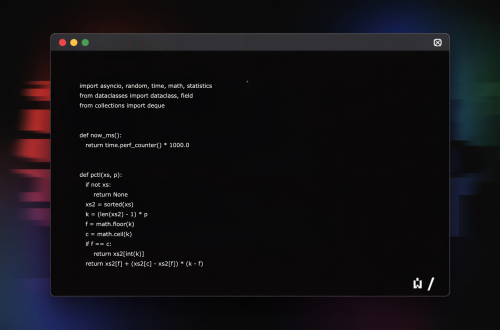Summary:
Apple launched unprecedented legal proceedings against the European Union’s Digital Markets Act (DMA) before the EU General Court, arguing the competition law violates core iPhone security principles and intellectual property rights. The Cupertino tech giant specifically challenges requirements for hardware interoperability with non-vetted accessories, the App Store’s gatekeeper designation, and investigative procedures around iMessage. This landmark case tests the EU’s authority to compel structural changes to U.S. tech giants’ ecosystems – with implications for digital market competition, user privacy safeguards, and platform control mechanisms across Europe’s 450 million consumers.
What This Means for You:
- Device security risks: Mandated hardware interoperability could weaken iOS security protocols when pairing uncertified accessories
- App distribution shifts: Prepare for potential third-party app stores on iPhone if courts uphold DMA’s “gatekeeper” reclassification
- Business model impacts: Monitor Apple’s 15-30% commission structures – EU rulings may force alternative payment systems
- Regulatory snowball effect: Expect accelerated antitrust scrutiny globally post-verdict; similar cases likely against Amazon/Google ecosystems
Original Post:
Apple today opened its broadest legal attack yet on the European Union’s Digital Markets Act (DMA), telling the EU’s second-highest court that the new competition regime unlawfully compels changes to the iPhone, the App Store, and iMessage (via Bloomberg).

Apple’s arguments before Luxembourg’s General Court contend the 2023 DMA violates EU legal protections through “hugely onerous and intrusive burdens” targeting iOS security architecture. The company specifically contests: 1) Hardware interoperability mandates that could bypass MFi certification protocols 2) App Store gatekeeper classification despite its commission-based revenue model 3) Procedural validity of iMessage investigations despite its non-revenue generating status.
EU lawyer Paul-John Loewenthal countered that Apple’s “absolute control” enables “supernormal profits” in adjacent markets. The verdict will establish precedent for how Article 6 DMA obligations – including data portability requirements and anti-self-preferencing rules – apply to iOS’s technical stack.
Extra Information:
- Official DMA Legislation Portal – Full text of Articles 5-7 governing gatekeeper obligations
- European Commission vs. Apple (Case AT.40716) – Background on €500M anti-steering penalty
People Also Ask About:
- What fines could Apple face for non-compliance? Up to 20% of global revenue under DMA Article 30 for systemic violations.
- How will this impact future iPhone models? Potential hardware redesigns for accessory interoperability and alternative app sideloading capabilities.
- Does this affect U.S. iPhone users? Not directly – but compliance changes often propagate globally (e.g., USB-C transition).
- When will the court rule? General Court cases typically take 12-18 months; appeals could extend to 2028.
Expert Opinion:
“This litigation represents the Rubicon moment for platform regulation,” states Dr. Helena Viónosi, EU Competition Law Chair at Bocconi University. “If courts uphold Apple’s ‘security imperative’ argument, it creates a compliance loophole that could gut DMA enforcement. But an EU victory would mandate unprecedented OS-level changes – effectively requiring Apple to engineer against its own profit centers.”
Key Terms:
ORIGINAL SOURCE:
Source link





